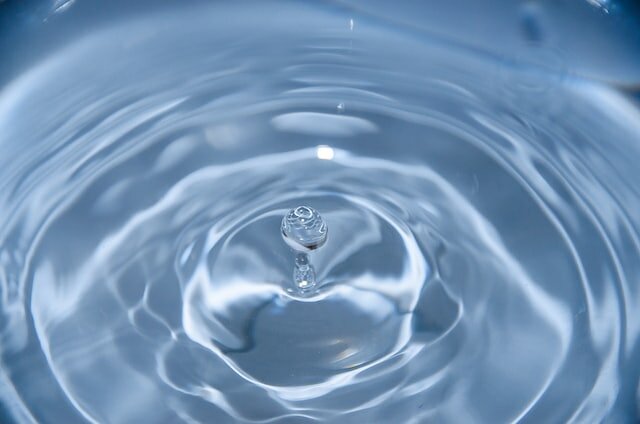
Water Cremation as a Greener Alternative To Flame-Based Cremation
Water cremation, also known as alkaline hydrolysis or "aquamation," is a process that uses water and alkaline solutions to reduce a deceased body to bone fragments. The process is an alternative to traditional flame-based cremation and is considered a more environmentally friendly option. The processes involved in water cremation may be new to the majority of people. However, funeral homes in Aurora, CO are available to offer assistance.
The Process Involved in Water Cremation
The process begins by placing the deceased body in a stainless steel chamber, along with water and an alkaline solution, typically potassium hydroxide. The chamber is then sealed and heated to a temperature of around 160-200 degrees Celsius. Over the course of several hours, the heat and alkaline solution break down the body's soft tissue and organs, reducing them to a liquid. The bones, made of calcium, remain intact and are left behind as a type of "ash" that can be returned to the family in an urn.
Benefits of Water Cremation
-
Environmental Friendly
One of the main benefits of water cremation is its reduced environmental impact. Traditional flame-based cremation requires a large number of fossil fuels to heat the cremation chamber and produces emissions that can contribute to air pollution. On the other hand, water cremation requires less energy and produces fewer emissions. Additionally, the process does not produce fine particulate matter, which can be a health concern with traditional cremation. -
Respect for Religious Beliefs
Another benefit of water cremation is that it is more respectful of religious beliefs than traditional cremation. Many religions prohibit burning the body, and water cremation is considered a more suitable option for people of these faiths. -
Time Efficiency
Water cremation is also a more efficient process than traditional cremation. A typical water cremation takes 2-3 hours, whereas conventional cremation can take up to 4 hours.
The Legality of Water Cremation
Water cremation is currently legal in only a few states in the United States and Canada. Still, it is gaining popularity and is expected to become more widely available in the future.
Arguments Against Water Cremation
It's important to note that while water cremation is an alternative option to traditional cremation, it is not without its critics. Some argue that the process is not as final as traditional cremation and that the bones left behind could potentially be used for nefarious purposes. Additionally, some critics argue that the process is not as well-regulated as traditional cremation and that there is a risk of contamination or mishandling of remains.
The decision to choose water cremation or any other method of disposition of the remains of a loved one is a highly personal one and should be based on your values, beliefs, and preferences.
Ultimately, the best way to decide whether water cremation is the right choice is to gather as much information as possible about the process and speak with a funeral director or other professional to help you understand the pros and cons. Ultimately, the most important thing is choosing a method of disposition that feels right to you and your family.
Conclusion
In conclusion, Water cremation, also known as alkaline hydrolysis, is a process that uses water and alkaline solutions to reduce a deceased body to bone fragments. This process is considered more environmentally friendly and respectful of religious beliefs than traditional flame-based cremation. It is currently legal in only a few states but is gaining popularity; however, it is essential to note that the process is not without its critics. The distinction between a memorial service and a celebration of life can be easily described by thinking about modern vs. traditional.
Funeral homes in Aurora, CO are always available to answer any questions you might have.


Comments